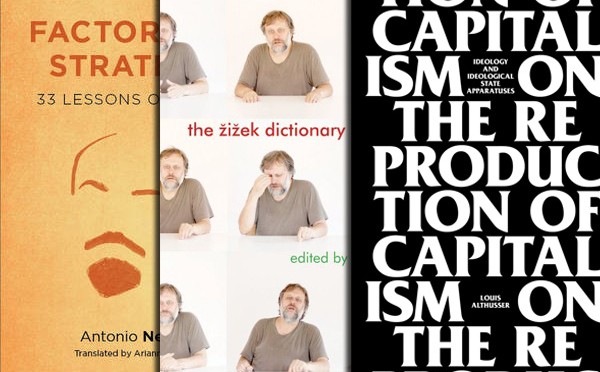
Granted, part of that connection comes from the definitions he's using for both.

Dick and the Construction of Realities.įreedman argues that not only do science fiction and critical theory have a major overlap, but that science fiction can be considered a genre that is predisposed to critical theory, and vice versa. Extended readings of novels by five of the most important modern science fiction authors illustrate the affinity between science fiction and critical theory, in each case concentrating on one major novel that resonates with concerns proper to critical theory.įreedman's five readings are: Solaris: Stanislaw Lem and the Structure of Cognition The Dispossessed: Ursula LeGuin and the Ambiguities of Utopia The Two of Them: Joanna Russ and the Violence of Gender Stars in My Pocket Like Grains of Sand: Samuel Delany and the Dialectics of Difference The Man in the High Castle: Philip K. He asserts that it is no accident that the upsurge of academic interest in science fiction since the 1970s coincides with the heyday of literary theory, and that likewise science fiction is one of the most theoretically informed areas of the literary profession.


Carl Freedman traces the fundamental and mostly unexamined relationships between the discourses of science fiction and critical theory, arguing that science fiction is (or ought to be) a privileged genre for critical theory.


 0 kommentar(er)
0 kommentar(er)
